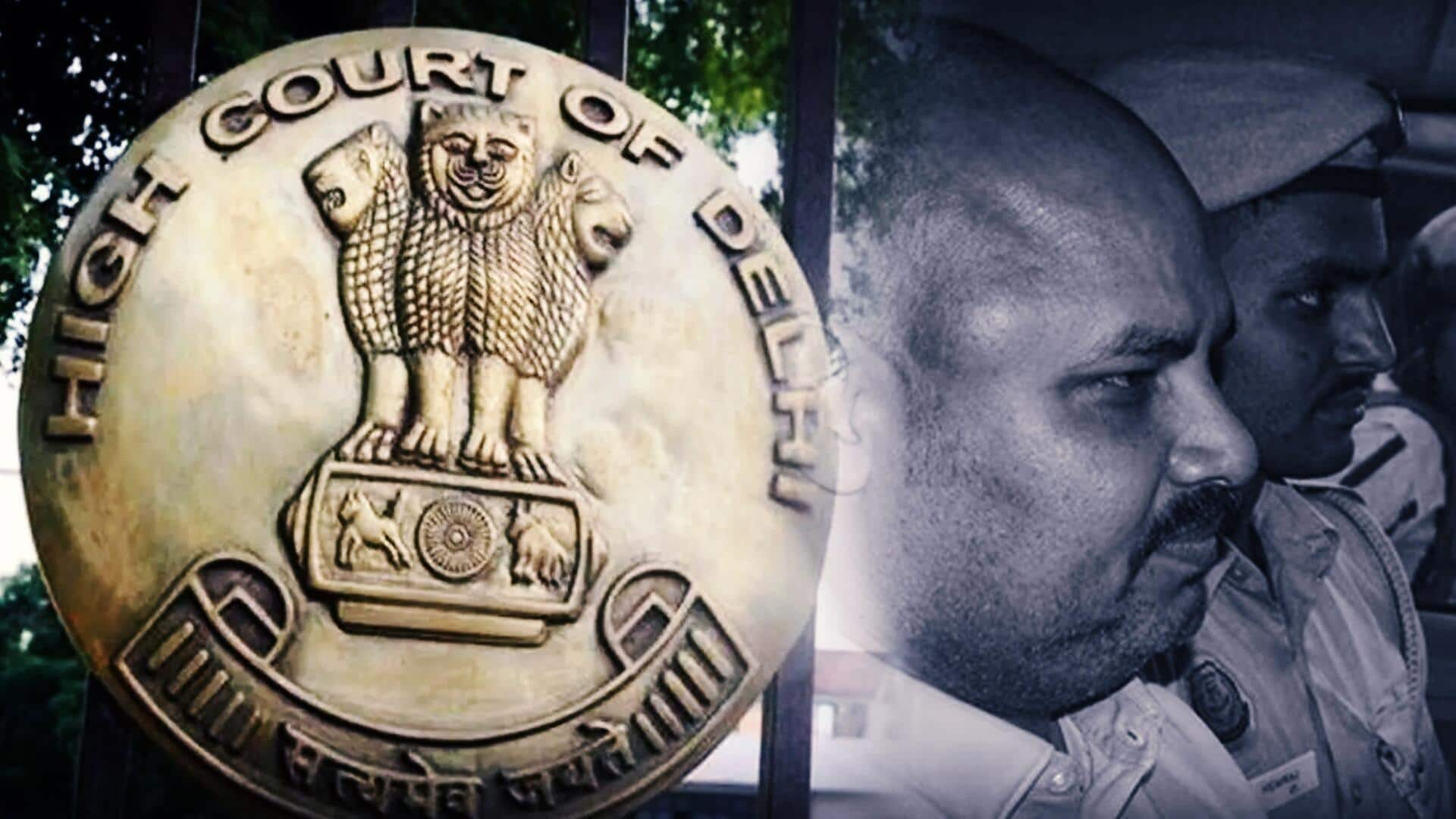
Delhi HC to hear Bibhav's plea against his arrest tomorrow
What's the story
The Delhi High Court will on Friday hear the plea challenging the arrest of Chief Minister Arvind Kejriwal's aide, Bibhav Kumar in Aam Aadmi Party MP Swati Maliwal's assault case. The plea was presented before Acting Chief Justice Manmohan and Justice Manmeet PS Arora. Kumar is currently under judicial custody following his arrest by Delhi Police. The arrest was based on an FIR filed by Maliwal accusing Kumar of assaulting her at Kejriwal's residence on May 13.
Context
Why does this story matter?
Maliwal's allegations and subsequent complaint against Kumar have triggered a political slugfest between the AAP and the Bharatiya Janata Party. The AAP has refuted the charges, with Delhi Minister Atishi alleging that Maliwal was "blackmailed" by the BJP to become part of a "conspiracy" against Kejriwal. Meanwhile, the Delhi CM has said that "two versions" of the incident have emerged and has called for a fair trial in the case.
Information
Charges against Bibhav Kumar
To recall, the CM's aide has been booked under various sections of the Indian Penal Code, including 308 (attempt to commit culpable homicide), 341 (wrongful restraint), 354 (B) (assault or use of criminal force to a woman with intent to disrobe), 506 (criminal intimidation), and 509 (word, gesture, or act intended to insult the modesty of a woman).The police later added destruction of evidence charge to the FIR.
Custody timeline
Kumar in Delhi Police custody
Kumar was arrested on May 18 and a magisterial court ordered him to police custody for five days. His anticipatory bail plea was deemed infructuous post-arrest. Following this, he was sent to a four-day judicial custody last Friday. On Tuesday, the court granted the Delhi Police three days for custodial interrogation of Kumar, stating that they cannot be "deprived of its right" to recover the mobile phone he had during the alleged assault.
Plea details
Declare arrest as illegal: Kumar's petition
In his petition, Kumar has asked the court to declare his arrest as illegal, alleging it to be in gross violation of Section 41A of the Code of Criminal Procedure (CrPC). He claims that his arrest goes against the law's mandate. He is also seeking "appropriate compensation" for what he terms an "illegal" arrest and is demanding departmental action against officials involved in making the decision to arrest him.